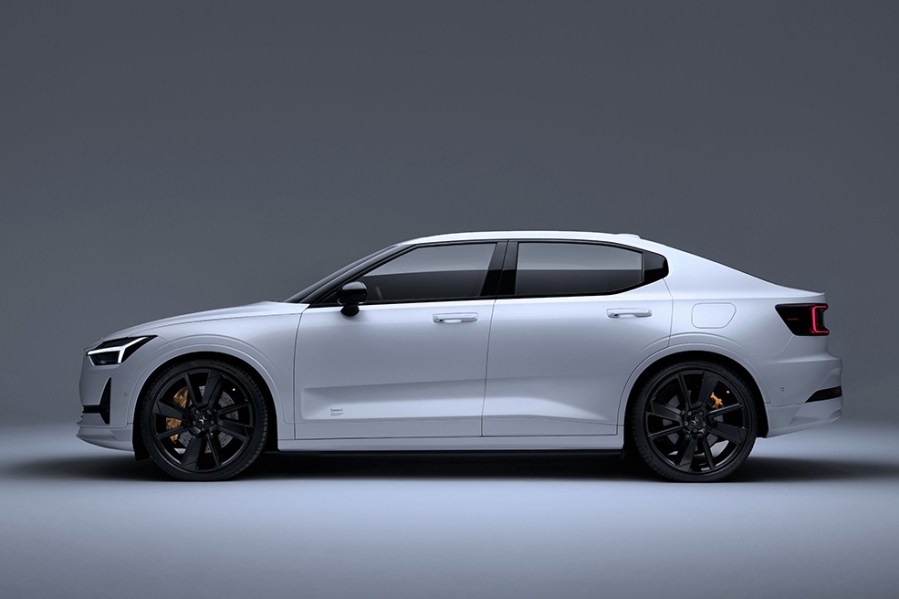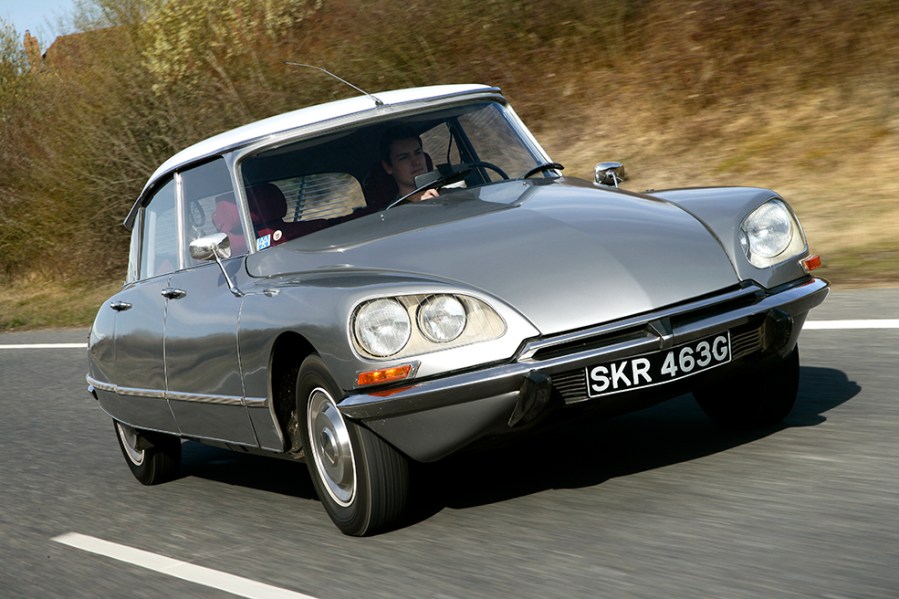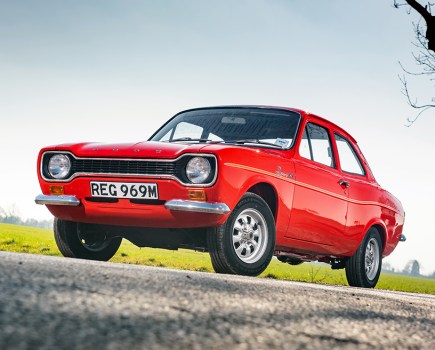A new report states that the environmental damage caused by new-car production shows classics in a positive light, with low annual mileages minimising CO2 emissions
New research from a specialist classic vehicle industry report shows that when compared to modern vehicles, classic cars are much less damaging to the environment. The report compares the average classic’s emissions with the carbon footprint involved in producing a brand new vehicle.
Conducted by specialist insurance provider Footman James, the Indicator Report shows that two-thirds of classic car enthusiasts are already concerned about climate change, with over 50 per cent open to further benefiting the environment with emissions offsetting schemes.
Running to over 50 pages, the Indicator Report covers the environmental impact of classic cars in depth. Statistics in the extensive report show that the average classic car – travelling a national UK yearly average of 1200 miles – generates 563kg of CO2 annually. In comparison, a typical modern car such as a Volkswagen Golf emits up to 6.8 tonnes of CO2 before it even departs the factory.
The in-depth research study also states that even though a modern car would be more efficient and use less fuel if used on a daily basis, the environmental cost of manufacturing a new vehicle immediately negates this.
The Indicator Report also suggests that battery-electric vehicles have even more of an impact in terms of average carbon emissions footprint than a classic or modern internal combustion engine car.

The all-electric Polestar 2
The fully electric Polestar 2, for example, is said to create 26 tonnes of CO2 during its production process alone – an emissions figure that would take a typical classic car 46 years to match. This shows that despite the obvious appeal of zero tailpipe emissions from an electric vehicle, classic cars are far less impactful on the environment long-term due to their infrequent use.
Further data in the report shows how classic car owners and enthusiasts feel about their carbon footprint and the effect that their driving has on the environment in general. The report features a poll, which shows that two-thirds (66 per cent) of Footman James’ audience are already environmentally conscious and concerned about the effects of climate change. In addition, over half (52 per cent) of the polled audience said they would consider signing up for a vetted scheme to reduce their classic cars’ impact on the environment through carbon emissions offsetting.
Managing Director of Footman James, David Bond, commented: “It’s easy for one to assume that classic cars are more damaging simply because of their older and less efficient engines. However, the data in this report disproves that theory. It’s really about how these vehicles are maintained and used; it is clear that while new modern and electric cars might seem better for the planet day-to-day, the problem is how much of an impact their production causes.”
Classic Car Buyer editor Paul Guinness also welcomed the findings of the report: “The vast majority of the UK’s classic vehicles cover a relatively low mileage each year and have very little impact on the environment. We must be prepared to fight our corner in the years ahead, should pressure grow on owners of older vehicles through misinformation over environmental issues.”
Those wishing to download a copy of the Indicator Report can do so at: footmanjames.co.uk/the-indicator-report






